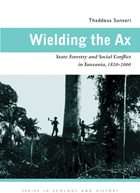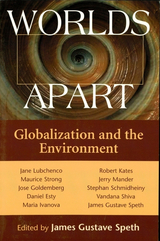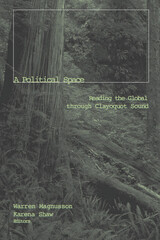Claiming Impartiality
University of Michigan Press, 2026
Cloth: 978-0-472-07822-6 | Paper: 978-0-472-05822-8 | eISBN: 978-0-472-90602-4 (OA)
See other books on: Peace | Political Science | World
See other titles from University of Michigan Press
Cloth: 978-0-472-07822-6 | Paper: 978-0-472-05822-8 | eISBN: 978-0-472-90602-4 (OA)
ABOUT THIS BOOK | AUTHOR BIOGRAPHY | TOC
ABOUT THIS BOOK
Why has multilateral peacebuilding in conflict-ridden states emerged as a depoliticized practice that rarely engages with local actors and agendas? And why has depoliticization persisted despite continued criticisms? Claiming Impartiality offers an innovative answer to the puzzling persistence of depoliticization in post-war peacebuilding that focuses on the institutional mandates, interests, and practices of those international and bilateral organizations that design and implement most peacebuilding interventions.
Drawing on and expanding a Bourdieusian field perspective, the book examines international organizations as actors in multiple fields of global governance. Using the case studies of Bosnia and Herzegovina and Timor-Leste, it traces the emergence and transformation of peacebuilding practices by leading international and bilateral organizations during the first two decades of the field’s existence. The organizational lens highlights the tensions that exist between the objectives of simultaneously acting as a peacebuilding organization and as a peacekeeping, humanitarian, or development organization whose practices are to varying degrees committed to observing the twin principles of impartiality and neutrality. By thinking through these sometimes contradictory roles, the book offers new insights into how these organizations sideline questions of political agency in favor of expanding their influence into related fields of global governance. Claiming Impartiality discusses the future of peacebuilding and explores avenues for addressing political challenges to peace itself.
Drawing on and expanding a Bourdieusian field perspective, the book examines international organizations as actors in multiple fields of global governance. Using the case studies of Bosnia and Herzegovina and Timor-Leste, it traces the emergence and transformation of peacebuilding practices by leading international and bilateral organizations during the first two decades of the field’s existence. The organizational lens highlights the tensions that exist between the objectives of simultaneously acting as a peacebuilding organization and as a peacekeeping, humanitarian, or development organization whose practices are to varying degrees committed to observing the twin principles of impartiality and neutrality. By thinking through these sometimes contradictory roles, the book offers new insights into how these organizations sideline questions of political agency in favor of expanding their influence into related fields of global governance. Claiming Impartiality discusses the future of peacebuilding and explores avenues for addressing political challenges to peace itself.
See other books on: Peace | Political Science | World
See other titles from University of Michigan Press












